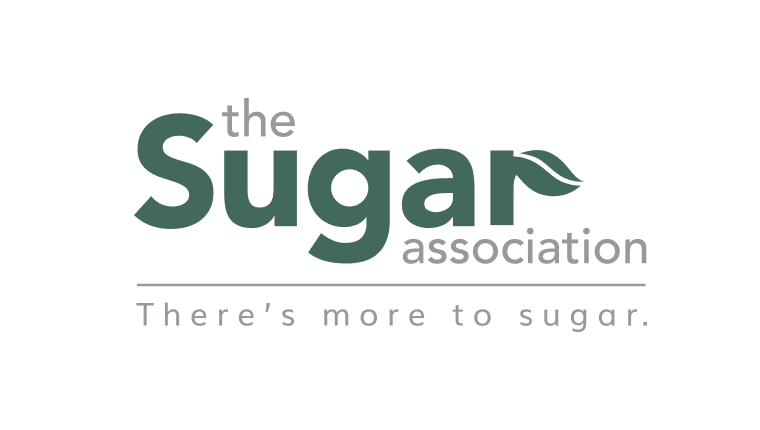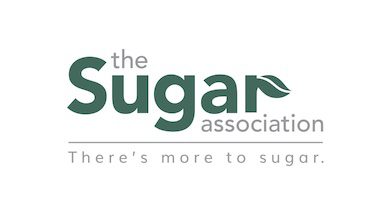

December 29, 2020
“On behalf of the Sugar Association and its members, I would like to thank the U.S. Departments of Agriculture (USDA) and Health and Human Services (HHS) for their significant work in developing and finalizing the 2020-25 Dietary Guidelines for Americans (DGAs), and doing so on time, particularly in light of this challenging year.
The DGAs are the basis for federal nutrition policy and serve as the authoritative dietary advice to the American public and, given their importance, it is critical they be derived using a consistent approach to evaluate the strongest science. Yet, this has not been the case for all the DGA recommendations over the course of their controversial 40-year history.
Today, we are pleased USDA and HHS sided with strong scientific evidence and discounted the Dietary Guidelines Advisory Committee’s (DGAC) recommendation to lower the recommendation for added sugars intake to no more than 6% of daily calories. That recommendation was not justified given there was not a proper and thorough review of the totality of scientific evidence, but in the end, the agencies got it right and maintained the current recommendation of 10% of calories from added sugars.
As stated by USDA and HHS in the press release announcing the new guidelines, “Dietary Guidelines for Americans, 2020-2025, carried forward the committee’s emphasis on limiting these dietary components, but did not include changes to quantitative recommendations, as there was not a preponderance of evidence in the material the committee reviewed to support specific changes, as required by law.”
There is no reliable evidence to support the notion that a limit on added sugars consumption to just 6% of daily calories would result in improved individual or collective public health outcomes. In fact, the 2020 DGAC did not even factor in health outcomes in deriving its recommendation, as the committee ran out of time to complete its planned systematic reviews of the science. Yet, they put forth a baseless recommendation anyway.
What real world data does show is that added sugars consumption has declined significantly in the past two decades, falling more than 30% since 2000, while obesity rates increased more than 40% during the same period.1,2While science prevailed in rejecting a more restrictive recommendation for added sugars in 2020, it is apparent the DGAs process is significantly flawed and in need of reform. Congress recognized these flaws, and in 2016 mandated the National Academies of Science, Engineering and Medicine (NASEM) to review and make recommendations to strengthen the process. A NASEM report on the DGAs was issued in 2017, yet many of its recommendations were not incorporated into the 2020 DGA process, especially in developing the DGAC’s added sugars recommendation.
Moving forward, it is critical that the work of the DGAC follow standardized scientific approaches and systematic reviews of evidence as recommended by NASEM. Until the DGA process is reformed to ensure the federal government’s nutrition recommendations are based entirely and consistently on the use of credible science and strong scientific methodology, they will continue to ill serve consumers and come up short in our effort to generate positive individual and collective health outcomes.
And, when it comes to establishing future added sugars intake recommendations, it is time to update the 18-year-old Dietary Reference Intakes (DRI) for Carbohydrates. There is currently no DRI for added sugars, but a DRI review and the systematic evaluation of evidence by experts in the field is critical to deriving an evidence-based recommendation and putting an end to another, future DGAC trying to do so with limited time and topic expertise.
On this point, we are encouraged to read in the DGAs issued today that the U.S. and Canadian Dietary Reference Intake Steering Committees, supported by USDA and HHS, are developing plans to re-examine energy, protein, fat, and carbohydrate macronutrient reviews that will help guide U.S. research agendas in the future.
We will continue to work with the federal agencies, nutrition experts and a wide array of stakeholders to seek meaningful reform of the DGA process, so the recommendations are objective, transparent and reflect the scientific evidence. Ultimately, this reform is necessary for the DGA to be more trusted, more meaningful for consumers and more impactful toward achieving a healthy lifestyle for millions of Americans.”
###
The Sugar Association, founded in 1943, is the scientific voice of the U.S. sugar industry. The association is committed to making a difference by continuously supporting scientific research and sharing its knowledge that there’s more to sugar by increasing consumer understanding of and confidence in the role that sugar plays in a nutritious, balanced and enjoyable diet. The Sugar Association represents nearly 12,000 beet and cane sugar growers, as well as processors and refiners of sugar. For more information, visit www.sugar.org, follow us on Twitter and Instagram, and connect with us on Facebook.
Contact:
Steph Saullo
ssaullo@dsmstrategic.com
386-871-8697

January 14, 2025
January 14, 2025 (Washington, D.C.) – The following reaction statement is attributable to Sugar Association President and CEO Courtney Gaine, PhD, RD: “The Sugar Association supports transparency, but this draft label offers only the illusion of transparency – it entirely leaves out total calories and the use of industrial additives like artificial sweeteners. In fact, […]

December 19, 2024
December 19, 2024 (Washington, D.C.) – The following reaction statement is attributable to Sugar Association President and CEO Courtney Gaine, PhD, RD: “The Sugar Association supports the Dietary Guidelines recommendation to limit added sugars to 10% of total calories, but the new “healthy” definition goes well beyond that recommendation and arbitrarily excludes many foods containing […]

December 10, 2024
December 10, 2024 (Washington, D.C.) – Americans feel more confident about managing their sugar intake when they know the Dietary Guidelines recommendation to limit added sugars to less than 10% of their total calories, and the Sugar Association welcomes the Dietary Guidelines Advisory Committee (DGAC) reaffirmation of that guideline. The added sugars guideline is a […]
© 2025 The Sugar Association, Inc. All rights reserved.
Get Social with #MoreToSugar